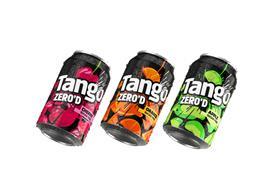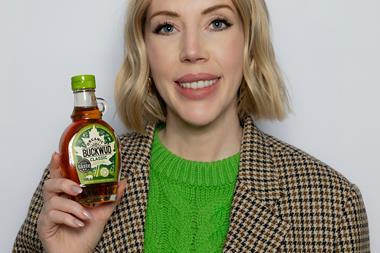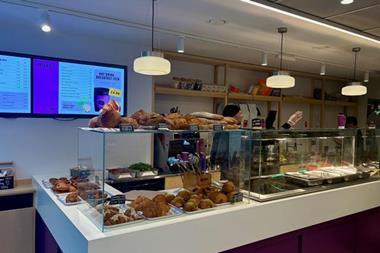A majority (56%) of UK adult consumers ate vegetarian or meat-free foods in the last six months to July 2018 - up from 50% in the previous year - as the meat-free market continues to grow in popularity, according to new Mintel research.
Over a third (34%) of meat eaters reduced their meat consumption in 2018, despite red meat and poultry eaters accounting for 90% of the adult population, the research found.
The UK meat-free market is estimated to reach £740m in 2018.
More than half (52%) of new product launches in the meat-free foods market were vegan/contained no animal ingredients and the share of meat-free new products carrying vegan/no animal ingredients nearly doubled between 2014-17.
Mintel research analyst Alyson Parkes said: “Although the meat-free market is not vegan by definition, there has been a significant increase in the number of new products that carry a vegan claim. The buzz surrounding ‘Veganuary’ gained momentum in January 2018, with a raft of vegan products launching to capitalise on the month-long meat-free movement.
“Vegan claims in the market span own-label products, as well as branded ones, signalling that supermarkets are also keen to capitalise on this interest. The appeal of meat-free products also extends far beyond the still very limited pool of vegan consumers.”
The top three perceived benefits of eating less meat are improving health (32%), saving money (31%), and being better for the environment (25%).
“The UK’s overarching health trend has underpinned meat reduction behaviours, with consumers increasingly looking for better-for-you food and drink products. However, the benefits associated with eating less meat extend far beyond health, also encompassing animal ethics and the environment. The multi-dimensional appeal of the meat-free trend bodes well for its longevity,” Parkes added.
Separate research by Waitrose found a third of the population (33.5%) now have meat-free or meat-reduced diets. This includes one in eight Brits (13%) now identifying as vegan or vegetarian, and a further 21% as flexitarian.
































No comments yet